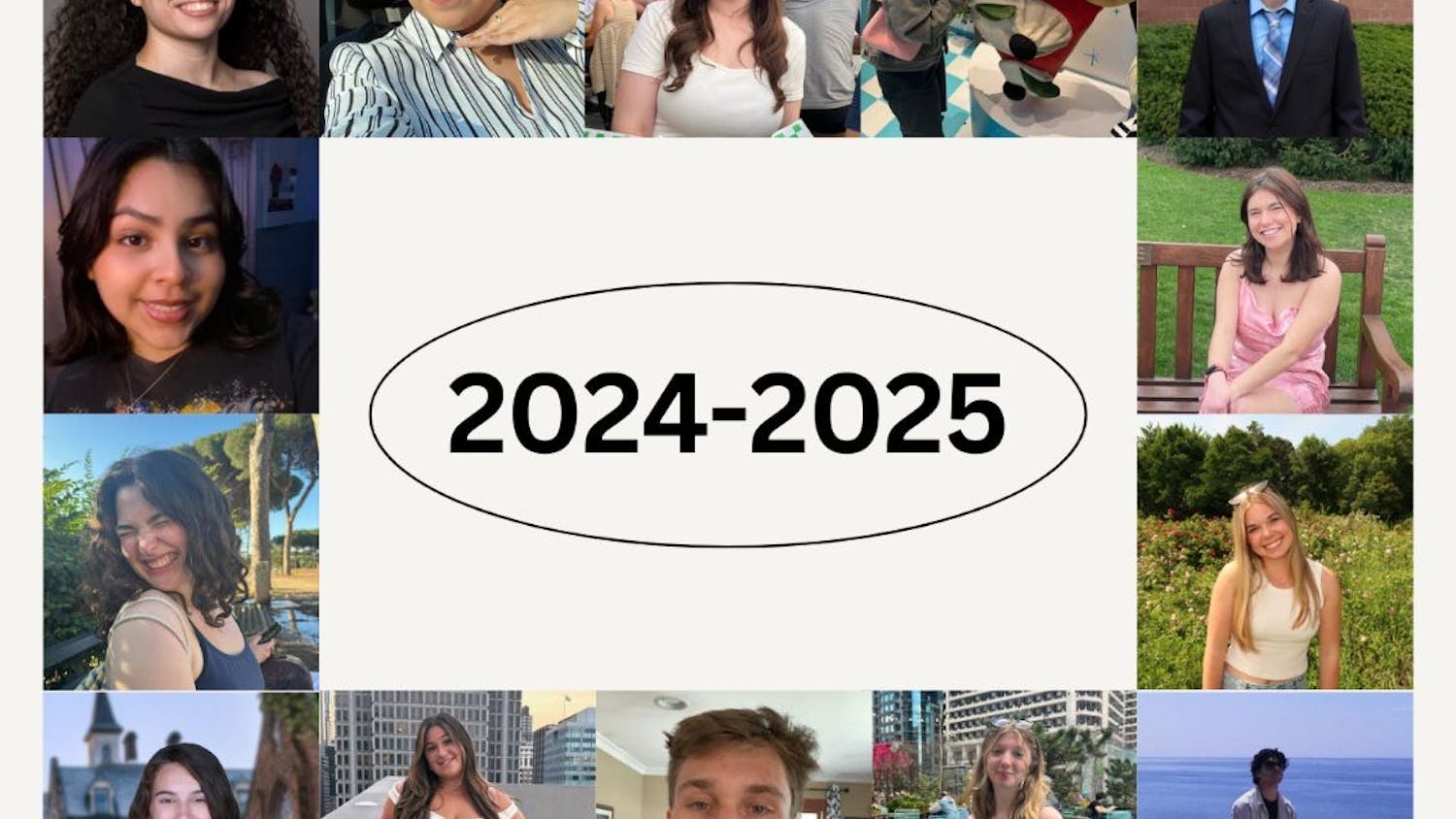At the age of 5, I told my teacher for the kindergarten school yearbook that I wanted to be the president of the United States. Looking back, it was a good start for the woman I thought I was destined to become, but as I got older things changed. Later on I was repeatedly told young ladies should be seen, not heard when I became too outspoken in class discussion, but that didn’t stop me.
As a teenager I found my raised hand was usually one among a sea of many boys in my courses, but I was never embarrassed to speak my mind. At the age of 20, I realized that I am different. Tunnel vision toward my ambitions distracted me from the stereotypes that could have bogged me down in the past. Now, becoming a young adult on the brink of entering the “real world,” I realize—it’s just not fair.
In 2010, the COO of Facebook, Sheryl Sandberg, published Lean In. Her book discussed the ways women are hindered in life, beginning in childhood and continuing on into adulthood, and as a result are slighted in the corporate world. The book says, “From an early age, girls get the message that they will have to choose between succeeding at work and being a good mother. “By the time they are in college, women are already thinking about the trade-offs they will make between professional and personal goals.”
Sandberg cited a statistic saying women in college are twice as likely as men to choose marriage over a career. Entering my sophomore year of college I personally experienced pressure from my female peers to “find someone before it’s too late.” It wasn’t until I vented to a male friend about the mounting pressure to find a boyfriend that I really got a reality check. “You’re just career-oriented,” he said. This ideology that you have to choose one, family or career, in- stilled at a young age ultimately holds women back from reaching their full potential.
It seems that when a man my age is “career-oriented” it’s considered attractive, whereas if a woman is, it is considered aggressive or unattractive. I know that compared to many women in the world, I am privileged. The tribulations of gender inequality span far beyond the pressures of entering the corporate world. Young women in third world countries struggle to get an education. I am a woman armed with the same opportunities as my male counterparts and all I have to overcome is my own mindset that has been ingrained in me from a young age.
Emma Watson’s speech to the United Nations on gender inequality, describing the struggle for a united world and the push toward seeing gender on a spectrum, has been circulating on social media. The struggle continues, but I do believe awareness is spreading. I know that I have the power to be a part of the movement toward equality, armed with the awareness of societal expectations. My most valuable tool, and my biggest obstacle, is my own mind.
Mary Marshall is a junior journalism major and can be reached at mary.marshall@student.shu.edu.





